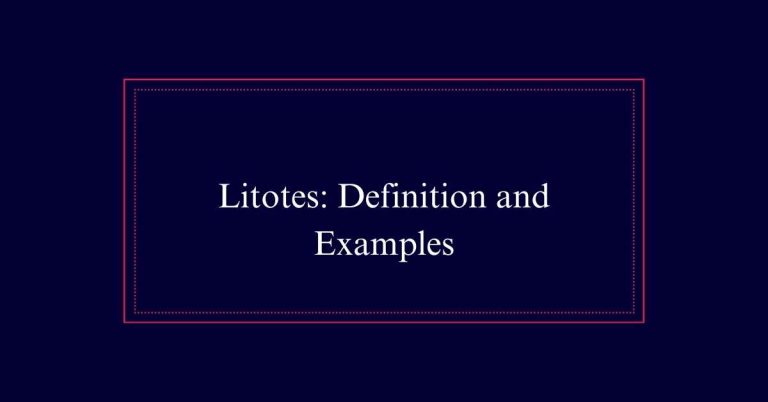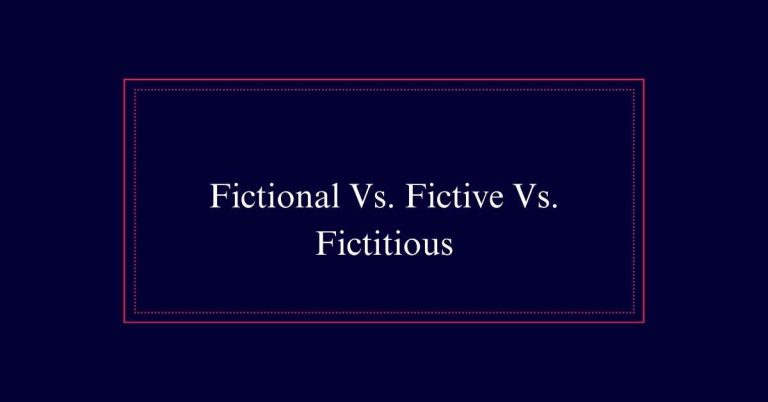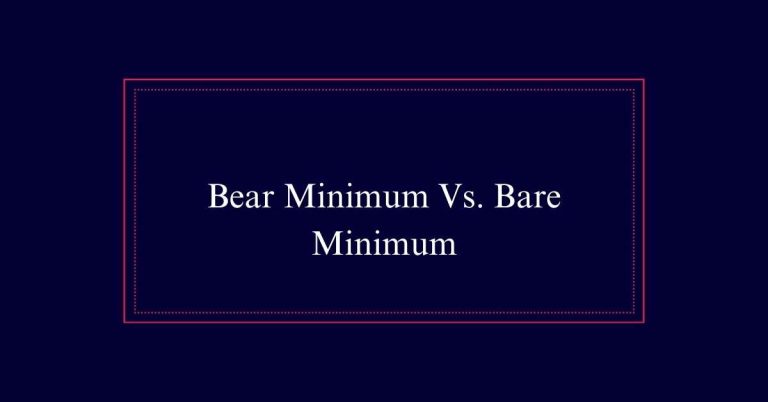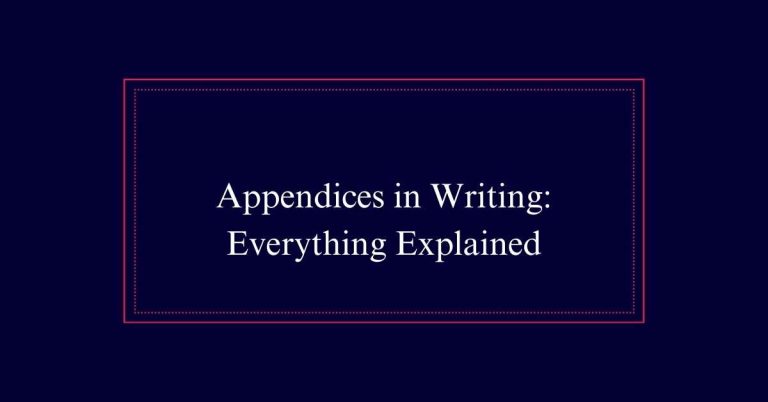Pleaded or Pled?
The choice between ‘pleaded’ and ‘pled’ as the past tense of ‘plead’ varies based on region and context. ‘Pleaded’ has been the standard in English for centuries, particularly in formal writings and media. Major style guides like the Associated Press prefer ‘pleaded.’ However, ‘pled’ is gaining traction, especially in North America and some legal contexts. Both terms are acceptable, though ‘pleaded’ is more widely recognized and understood.
Understanding the Verb ‘Plead’
The verb ‘plead’ carries significant weight in both legal and emotional contexts. It can be used in three major ways.
To begin with, to make a serious and emotional appeal, such as when someone pleads for help.
Next, it is used to argue a case, usually in front of a court, where lawyers plead on behalf of their clients.
Lastly, it refers to making a plea in court regarding guilt or innocence, such as when a defendant pleads guilty or not guilty.
Each usage carries its own nuances and implications, making ‘plead’ a versatile and powerful verb in the English language.
Historical Usage of ‘Pleaded’
Historical records reveal that ‘pleaded’ has been in use for several centuries. This form of the past tense has consistently appeared in legal and literary texts over the years. The use of ‘pleaded’ can be traced back to early English law, where it was the preferred term for describing the act of making a plea. The following table provides a brief historical overview:
| Century | Usage Example |
|---|---|
| 14th | Chaucer’s writings |
| 16th | Shakespearean plays |
| 18th | Legal documents |
| 20th | Modern literature |
The Emergence of ‘Pled’
In recent decades, ‘pled’ has gained traction as an alternative past tense of ‘plead’. This shift can be attributed to regional preferences and evolving language norms, particularly in North America and Scotland.
The legal community has contributed to this emergence, as both ‘pled’ and ‘pleaded’ are used interchangeably in courtrooms and legal documents.
Regional Influence:
‘Pled’ is more common in North American and Scottish dialects.
Legal Usage:
Both forms are acceptable in legal terminology.
Cultural Acceptance:
Increasing informal usage has led to broader acceptance.

Media Preferences
Media outlets generally favor the use of ‘pleaded’ over ‘pled’. This preference is evident in major publications and style guides. The Associated Press (AP) Stylebook and The Chicago Manual of Style both recommend ‘pleaded’. This trend towards ‘pleaded’ guarantees consistency and clarity for readers, particularly in legal reporting.
While ‘pled’ is understood, its usage is more regional, found primarily in North American and Scottish contexts. Publications aiming for a broader audience tend to avoid potential confusion by using ‘pleaded’. This aligns with the guidance from style authorities and reinforces the term’s widespread acceptance.
Legal Community Practices
Within the legal community, both ‘pleaded’ and ‘pled’ are used interchangeably. Lawyers, judges, and legal scholars often choose between the two forms based on regional preferences, personal habit, or the specific context of the case.
Despite the lack of a uniform standard, both terms are understood and accepted across various jurisdictions.
- Regional Practice: ‘Pled’ is more commonly used in North American and Scottish legal contexts.
- Judicial Opinions: Court documents and opinions might use either term, reflecting the preference of the author.
- Legal Education: Law schools and legal textbooks often teach both forms, leaving the choice to the practitioner.
Style Guide Recommendations
Style guides such as AP and Chicago strongly recommend using ‘pleaded’ over ‘pled’. These guides prioritize consistency and clarity in writing.
The Associated Press (AP) Stylebook and The Chicago Manual of Style are influential in journalism and publishing. Both advocate for ‘pleaded’ as the preferred past tense form. This aligns with their goal to maintain standard usage across publications.
While ‘pled’ is recognized, it is less commonly used in formal writing. Following these guidelines guarantees that content is easily understood by a broad audience.
Adopting ‘pleaded’ aligns with the broader acceptance in media and academic circles, promoting uniformity and reducing potential confusion among readers. As a result, ‘pleaded’ is the recommended choice.
Geographic Variations
While style guides recommend ‘pleaded’, geographic variations reveal differing preferences in language use. In North America, both ‘pleaded’ and ‘pled’ are commonly used, with ‘pled’ being more prevalent in informal speech and certain dialects.
In contrast, British English strongly favors ‘pleaded’, aligning with formal style guides and media practices.
North America vs. UK: ‘Pled’ is more accepted in the U.S. and Canada, while the UK prefers ‘pleaded’.
Scottish Influence: Scotland also uses ‘pled’, reflecting regional linguistic traditions.
Legal Settings: Both forms are acceptable in legal documents, though ‘pleaded’ is more universally understood.
The Grammatical Debate
The debate over whether ‘pleaded’ or ‘pled’ is correct has persisted for years among grammarians and language enthusiasts. Many argue that ‘pleaded’ is the proper past tense, citing its wider acceptance and recognition in global English.
‘Pled,’ however, finds strong support in North American and Scottish contexts, as well as in specific dialects. Despite the ongoing discussion, the outcome may not have a notable impact on everyday communication.
‘Pleaded’ is generally recommended, especially in formal writing and international contexts. Conversely, ‘pled’ remains a valid choice in regions where it is traditionally used. Ultimately, the choice between ‘pleaded’ and ‘pled’ often comes down to context and personal or regional preference.
Usage in Publications
In publications, ‘pleaded’ is generally preferred over ‘pled’. Media outlets and style guides like AP and Chicago advocate for ‘pleaded’ to maintain consistency and clarity. This preference is observed across various types of publications, including newspapers, magazines, and academic journals.
Despite ‘pled’ being recognized, it is less common in formal writing.
Notable points regarding ‘pleaded’ in publications include:
- Consistency: Media outlets prefer ‘pleaded’ for uniformity.
- Style Guides: Both AP and Chicago style guides recommend ‘pleaded’.
- Global Usage: ‘Pleaded’ is more universally understood, reducing regional confusion.
Choosing the Right Form
Selecting the appropriate past tense form of ‘plead’ depends on context, audience, and regional preferences. In formal writing, especially within media outlets and publications, ‘pleaded’ is often preferred. Style guides like AP and Chicago recommend using ‘pleaded’ to maintain consistency.
In legal settings, both ‘pleaded’ and ‘pled’ are acceptable, though ‘pleaded’ is more widely recognized. For North American and Scottish audiences, ‘pled’ may be more familiar and acceptable. Writers should consider their audience and the norms of their specific field.
When in doubt, ‘pleaded’ is the safer choice, as it is more universally accepted and recommended by authoritative sources. Ultimately, context and familiarity with the audience should guide the selection.







